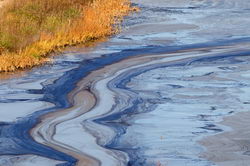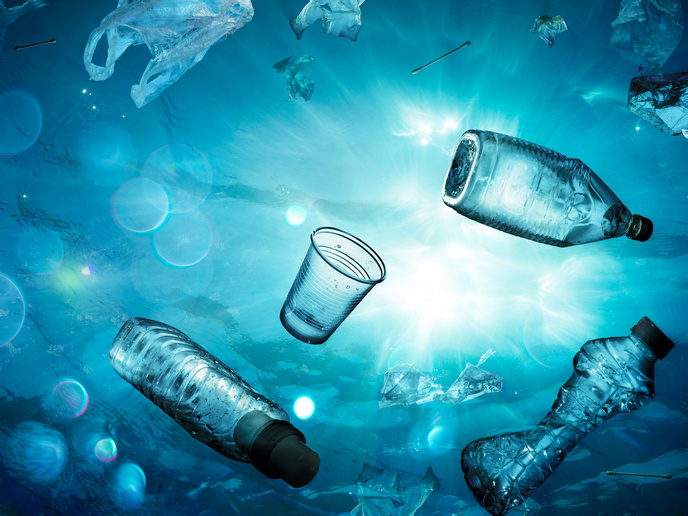Stop spilling the oil
Oil spills in seas, lakes and rivers can cause significant harm and irreversible damage to ecosystems and communities. The EU-funded project 'Fast advanced cellular and ecosystems information technologies' (Faceit) looked at disaster management regarding petroleum oil spills. The project investigated biomonitoring as a tool to integrate information rapidly, including pollution source, locale, chemicals involved, type of environment and casualties. Biomonitoring involves the use of living organisms that tend to accumulate chemicals, representing monitoring tools and boasting many advantages. Faceit looked at using organisms, cell lines or even DNA proteins to monitor oil pollution disasters and help address them. Previously, biomarker tests were considered impractical or unethical, issues that Faceit has addressed. The project also sought to replace some biomonitoring tests with unicellular organisms or cell lines which yield quicker, more cost-effective results. It recommended new approaches to monitoring pollution consequences by considering biodiversity and self regeneration. The project team networked with different stakeholders in disaster management and demonstrated the viability of Faceit's proposals, backed by solid scientific research, training and validation. It underlined the importance of biological monitoring tools for affected ecosystems and their importance for disaster management. Faceit successfully developed testing technology (bioreporter assays) to detect key pollutants in oil. The system was validated in real life scenarios in the open seas and proved to be a valuable tool in achieving its objectives. As part of an integrated approach and combined with other compatible systems, this testing approach will hopefully help communities and governments to react quickly to oil spills and treat them at a much earlier stage.







